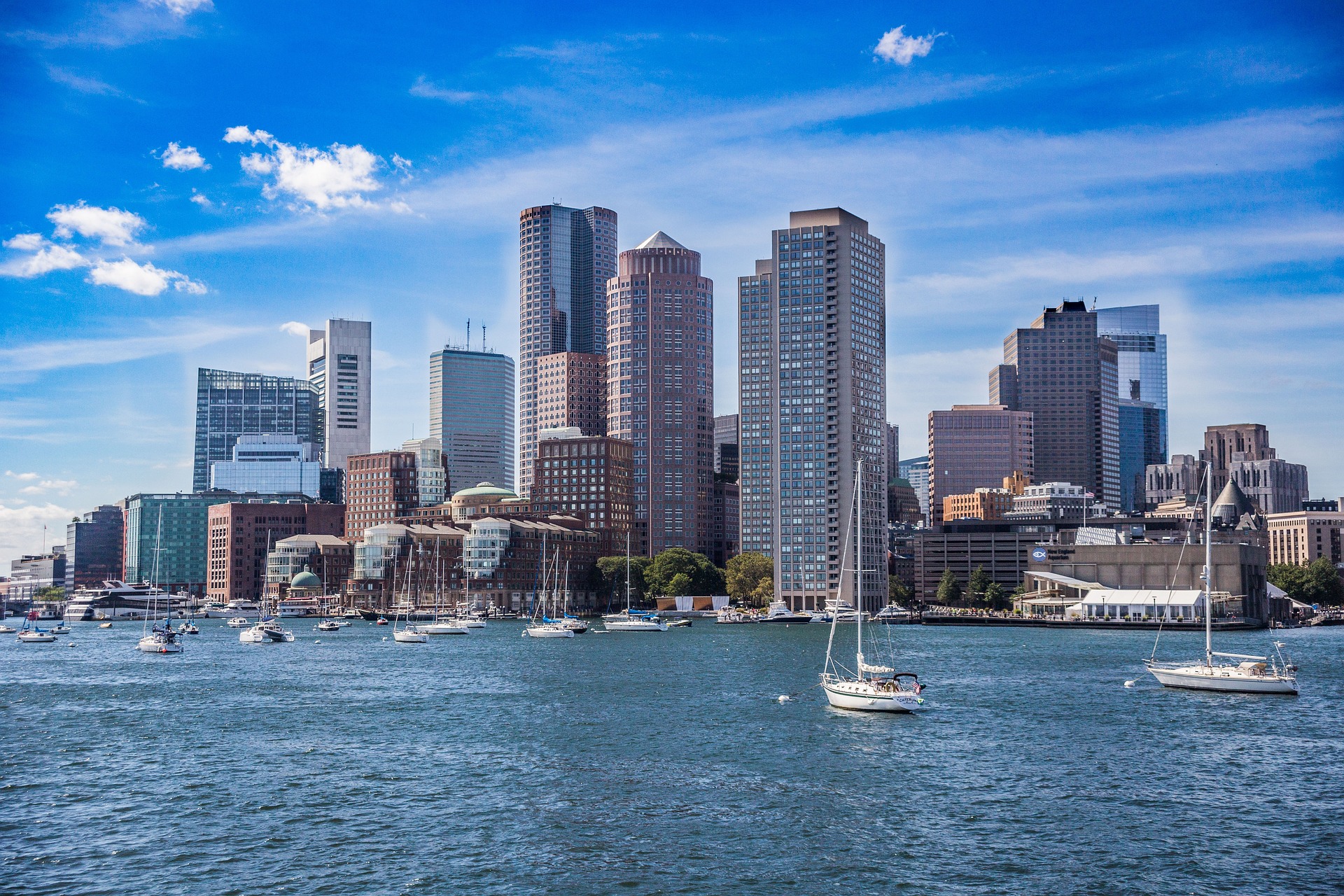Boston has placed significant aspects of its plan to protect the city from rising sea levels on the actions of private developers. Amid a post-Covid commercial development slump, though, efforts to build protective infrastructure have stalled.
When officials approved major projects, they hoped that infrastructure improvements would both protect new developments and prevent flood waters from penetrating low-lying neighborhoods around them. Projects that include features such as sea walls, berms, and elevated land have been put on hold by a global real estate downturn that has made it difficult to finance large projects.
Inaction on planned coastal resilience infrastructure raises questions about the city’s plan of leaning on the private sector to help pay for an essential public good, according to a report in the Boston Globe. Most of the city’s coastline is privately held or controlled, leaving the city little other option than to partner with private landowners.
Prior to the pandemic, Boston was in the midst of a development boom in the Seaport district and other coastal locations, but the construction climate has cooled recently.
Related Stories
Codes and Standards | Jun 17, 2020
AIA offers retail and office 3D models for reducing risk of COVID-19 transmission
For modifying stores and offices with 17-point architectural, engineering, and administrative framework.
Codes and Standards | Jun 17, 2020
Santa Fe is second city in the world to achieve LEED v4.1 Gold
New Mexico community gained credits for resilience planning, including public health crises.
Codes and Standards | Jun 15, 2020
NSF International’s Checked by NSF program helps businesses reopen safely
Includes third-party validation of COVID-19 preventive measures.
Codes and Standards | Jun 15, 2020
Workers want policy changes before they return to offices
More office cleaning, work from home opportunities, and staying home when sick among the desired adjustments.
Codes and Standards | Jun 12, 2020
Carbon emission legislation prompts commercial real estate to innovate
Mass timber, augmented reality, and modular construction among the trends.
Codes and Standards | Jun 11, 2020
USGBC offers new pilot credit to address green cleaning and COVID-19
Provides guidance on cleaning and disinfecting buildings using green cleaning best practices.
Codes and Standards | Jun 10, 2020
AIA issues tools for reducing risk of COVID-19 transmission in buildings
Tailored strategies offered for offices, retailers, schools, and senior living facilities.
Codes and Standards | Jun 8, 2020
OSHA construction safety inspections fall 84% during COVID-19 pandemic
Agency focuses on preventing disease transmission in healthcare industry.
Codes and Standards | Jun 8, 2020
5 must reads for the AEC industry today: June 8, 2020
Frank Lloyd Wright sites set to reopen and construction jobs rise by 464,000.
Codes and Standards | Jun 8, 2020
Reopened offices raise liability risk for businesses and owners
Risks may not be covered by property insurance.

















